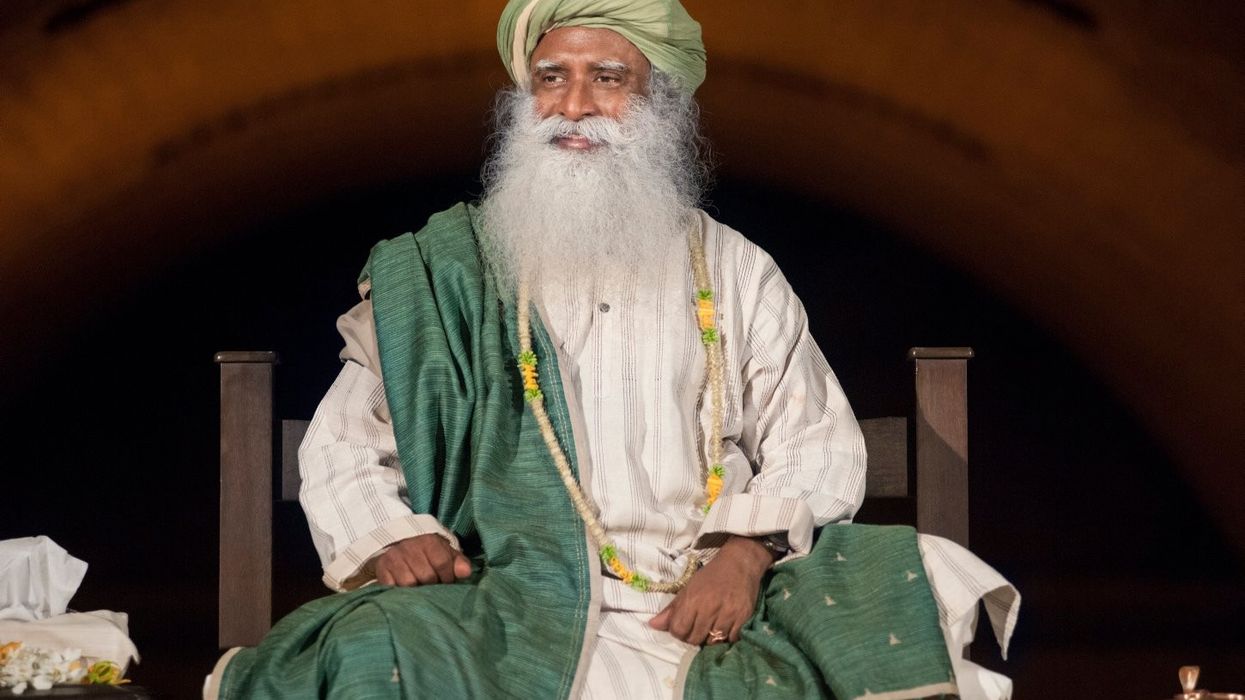RISHI SUNAK has announced a £30 billion plan to head off an unemployment crisis by paying employers to bring back their furloughed workers and cutting taxes for the hospitality sector and homebuyers.
"I want every person in this House and in the country to know that I will never accept unemployment as an unavoidable outcome," the chancellor told Parliament on Wednesday (8).
"We haven't done everything we have so far just to step back now and say, 'job done'. In truth, the job has only just begun."
Under the Job Retention Bonus plan, employers would be paid £1,000 for every worker who returns to their job after the furlough scheme expires at the end of October.
"If you’re an employer and you bring back someone who was furloughed -- and continuously employ them through to January - we’ll pay you a £1,000 pound bonus per employee," said Sunak.
"For businesses to get the bonus, the employee must be paid at least £520 on average, in each month from November to the end of January.
"Our message to business is clear: if you stand by your workers, we will stand by you."
With nine million jobs currently covered by the scheme, the cost of the bonuses could be as much as £9 billion, he added.
To help Britain's hospitality and tourism sectors, which are struggling to cope with Covid-19 rules, the chancellor announced a cut in value-added tax to 5 per cent from 20 per cent for six months, Sunak told Parliament.
"Eat-in or hot takeaway food from restaurants, cafes and pubs; Accommodation in hotels, B&Bs, campsites and caravan sites; attractions like cinemas, theme parks and zoos... all these and more will see VAT reduced," he said.
Shares in British housebuilding, pubs and restaurant firms rose as Sunak spoke.
Furthermore, the UK will provide discounts for people eating out.
"For the month of August, we will give everyone in the country an Eat Out to Help Out discount," explained Sunak.
"Meals eaten at any participating business, Monday to Wednesday, will be 50 per cent off, up to a maximum discount of £10 per head for everyone, including children.
"Each week in August, businesses can then claim the money back, with the funds in their bank accounts within five working days."
The chancellor's revival plan also included a £2 billion fund to get youngsters into jobs, and the largest ever rise in partly government-funded apprenticeships.
"The Kickstart Scheme will directly pay employers to create new jobs for any 16 to 24-year-old at risk of long-term unemployment," he said, adding that the allocation was "enough to fund hundreds of thousands of jobs".
"And I commit today: there will be no cap on the number of places available."
The UK will also spend a further £2 billion on the "Green Homes Grant" to improve the energy efficiency of homes and public buildings, which would support more than 100,000 jobs.
"From September, homeowners and landlords will be able to apply for vouchers to make their homes more energy efficient and create local jobs," said Sunak.
In a bid to breathe life into the housing market and the broader economy, the chancellor raised a threshold for a tax on property purchases to £500,000, four times its current level, with immediate effect until March 31.
A stamp duty cut was also announced.
"Right now, there is no stamp duty on transactions below £125,000. Today, I am increasing the threshold to half a million pounds," said Sunak.
"This will be a temporary cut running until 31st March 2021."
Cutting stamp duty will help get a housing market moving. It is good news from @RishiSunak for a sector especially hit by lockdown. pic.twitter.com/BhuOP6xSuU
— CBI (@CBItweets) July 8, 2020
Analysts noted that the chancellor was already on course to take state borrowing to World War Two levels.
The 40-year-old former Goldman Sachs analyst has won plaudits for setting aside the pro-market instincts of his Conservative Party to put the state at the heart of Britain's Covid-19 response.
"We entered this crisis unencumbered by dogma and we continue in this spirit, driven always by the simple desire to do what is right," Sunak said in his speech.
"Our plan has a clear goal: to protect, support and create jobs. It will give businesses the confidence to retain and hire. To create jobs in every part of our country. To give young people a better start. To give people everywhere the opportunity of a fresh start."



















